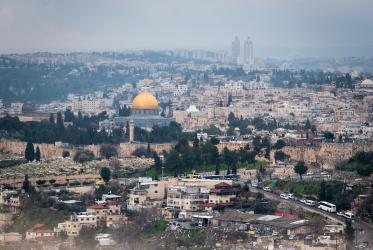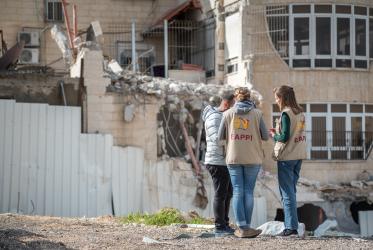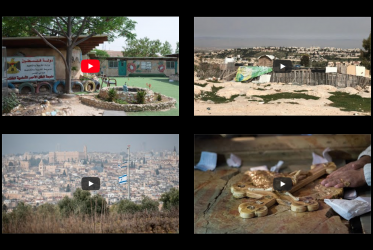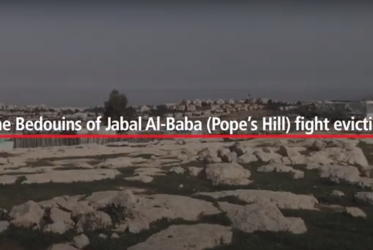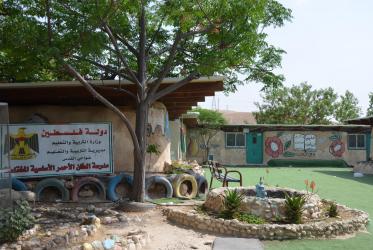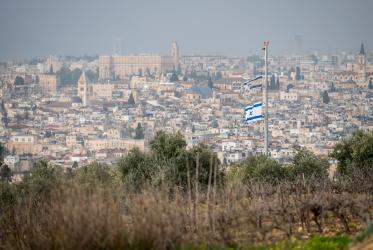Displaying 41 - 60 of 150
26 January 2022
In East Jerusalem, “we will never give up our rights”
29 October 2021
Video: Freedom to worship - Easter Initiative 2021
01 April 2021
Video: Khan Al Ahmar - Easter Initiative 2021
01 April 2021
Bedouins of Pope’s Hill fight eviction
30 March 2021
East Jerusalem: Denied citizenship and the vote
30 March 2021

